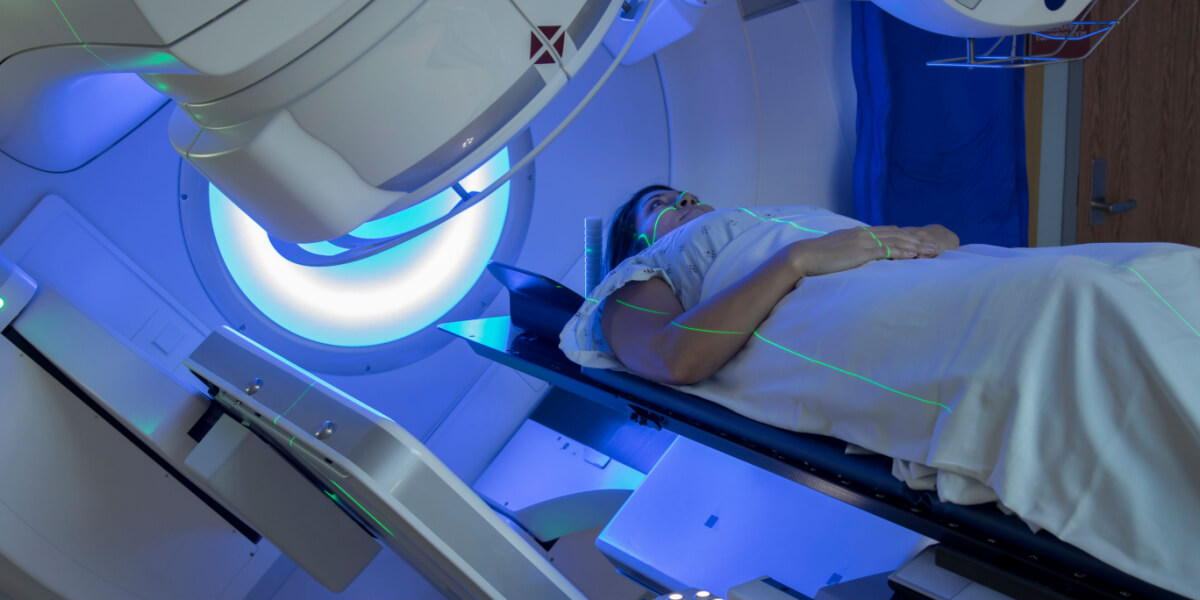
Cancer, a complex and life-altering disease, requires specialized care and a multidisciplinary approach. In India, renowned specialty and multispecialty hospitals have emerged as leaders in cancer treatment, offering cutting-edge technology, expert medical professionals, and comprehensive care. This article explores the diverse facets of Cancer treatment in India, highlighting the specialties offered by these hospitals and the collaborative efforts that enhance patient outcomes.